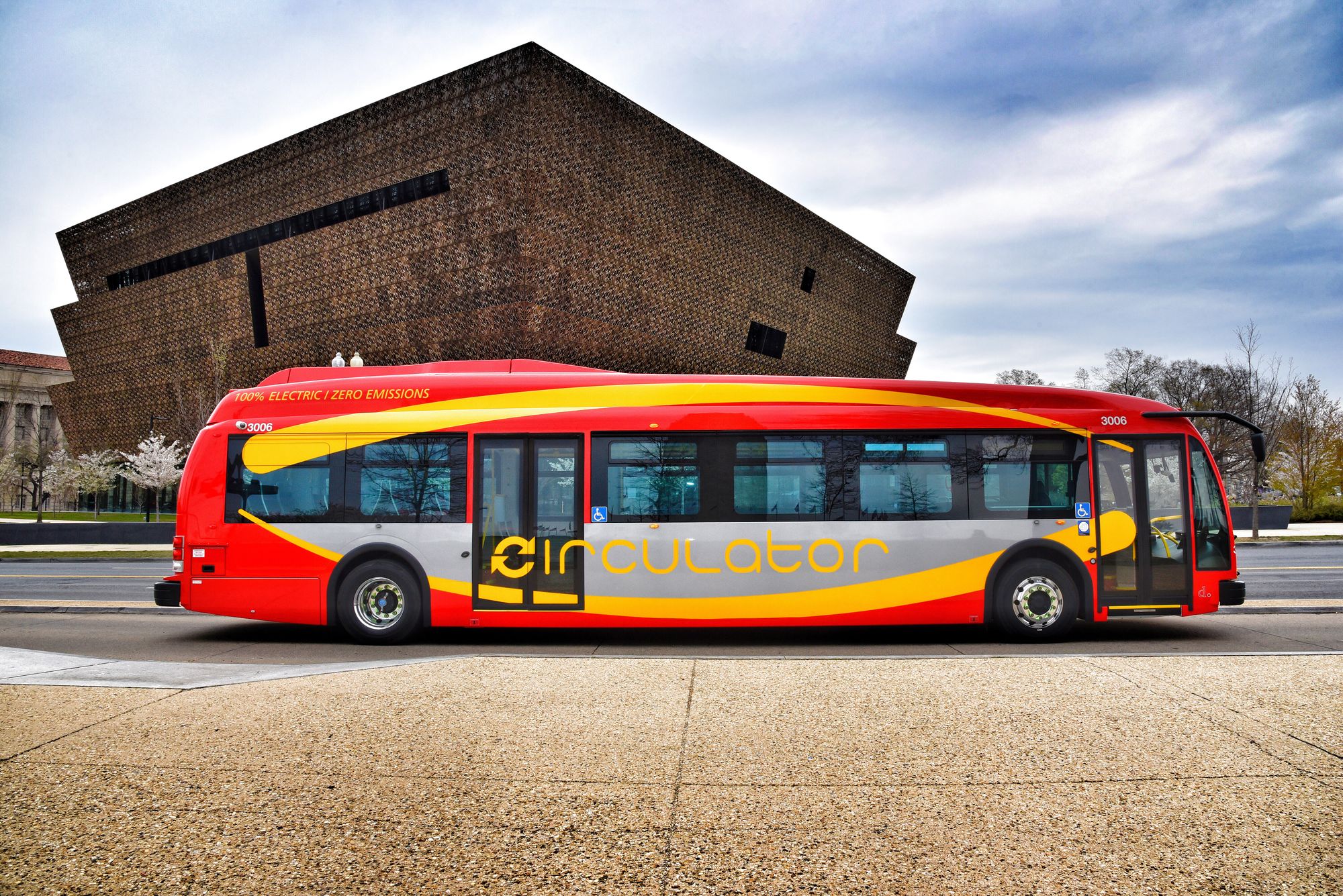Managed EV Charging - A Solution for Distribution Utilities

Electric vehicles (EVs) – our new fascination. While Mr. Musk’s Tesla continues to occupy the majority market share outside China, where BYD Auto has taken first place, every other car and truck manufacturer is now in a race to produce EVs to meet ever-growing consumer demand for them, as well as Government mandates in reference to the electrification of the transportation sector.
The government of Ontario’s recently released report titled “Powering Ontario’s Growth – Ontario’s Plan for a Clean Energy Future” states that as of May 2023, there are more than 118,000 EVs registered in Ontario, and this number is expected to surpass one million by 2030. Not to mention the bus transit systems that are in the news every other day, with more electric buses being added to the fleet. From a sustainability perspective, this is great news, especially in a province like Ontario, which has a primarily green electrical grid. However, from a cost standpoint, this situation presents a significant challenge. Meeting the exponentially growing demand would require extensive infrastructure, amounting to billions of dollars. Distribution utilities lack the necessary funds for this investment, and ratepayers would likely be unwilling to bear the burden.
Earlier this week, my colleague Richard Ganton provided a high-level statistical analysis of the challenges of charging electrical vehicles, including the immense infrastructure requirements. Today, we present a potential solution - Managed EV charging - which can help utilities to optimize their grid capacity and avoid overloading, while also ensuring that EV owners have access to reliable and efficient charging.

What is Managed EV Charging?
Managed EV charging involves controlling the charging rate of EVs connected to the grid. This can be accomplished through various methods, including Time-of-Use (TOU) pricing, demand response, and load balancing. TOU pricing allows utilities to charge EV owners different rates based on the time of day they charge their vehicles - for example, Ontario’s recently introduced Ultra-Low Overnight Electricity Price Plan is said to encourage charging of EVs during overnight hours. Demand response involves reducing or shifting EV charging during times of high demand on the grid, while load balancing involves spreading out EV charging across different times and locations to reduce peak demand. Managed EV charging can be split into two types - passive management, which focuses on incentivizing customer behavior changes per the requirements of the grid, and active management, which focuses more on direct load control by controlling the charging device, the electrical circuit, or even the vehicle's telematics.
Advantages of Managed EV Charging
One of the main benefits of managed EV charging for distribution utilities is that it can help to avoid overloading the grid. If a large number of EVs charge simultaneously, it can put a strain on the grid - a high enough EV penetration may even cause blackouts or brownouts. By controlling the charging rate of EVs, utilities can ensure that the load on the grid is spread out evenly which prevents the grid from being overloaded. This can help to improve the reliability and stability of the grid, which is important for both utilities and EV owners.
Another benefit of managed EV charging is that it can help utilities to optimize their grid capacity. EVs require a significant amount of electricity to charge, and if too many EVs are charging at the same time, it can cause a bottleneck in the grid. By managing EV charging, utilities can ensure that the grid capacity is utilized efficiently and that there is enough power to meet the demand of both EVs and other consumers.

Managed EV charging can also help to reduce the cost of electricity for EV owners. TOU pricing as stated above encourages EV owners to charge their vehicles during off-peak hours when electricity is cheaper. This reduces the cost of overall EV ownership, while simultaneously helping the grid.
Lastly, by setting the right incentives depending on the supply mix, utilities can ensure that EVs are charged using renewable energy sources such as solar and wind power. This can help to reduce greenhouse gas (GHG) emissions and promote the use of clean energy.
Creating the Right Managed EV Charging Programs
However, like with all good things, there are challenges associated with managed EV charging. One of the main challenges is designing the right managed EV charging programs based on the utility's needs. The utility must ensure that the program is designed to encourage customer participation while maximizing grid utilization. The managed charging program would have to account for current and projected EV penetration, other supply and load growth forecasts, the supply mix, potential changes in EV and charger technology, as well as other technological challenges such as lack of standardized communication protocols between EVs, charging stations, and utilities. Without the right managed EV charging roadmap and the resulting managed EV charging programs, utilities will be unable to ensure EVs are charged efficiently and reliably, leading to cost escalations and non-optimal utilization of grid assets.

In conclusion, managed EV charging can provide significant benefits for distribution utilities, EV owners, and the environment. By managing EV charging, utilities can ensure that the grid is utilized efficiently, reduce the risk of grid overload, and promote the adoption of clean energy transportation. TOU pricing, demand response, and load balancing are all effective methods for managing EV charging and can help to reduce the overall cost of electricity for EV owners. However, the implementation of managed EV charging requires the right planning and design of programs to ensure maximum customer participation and optimum grid utilization.
Talk to us today about how we can help you design and execute the right managed EV charging program for your utility!





